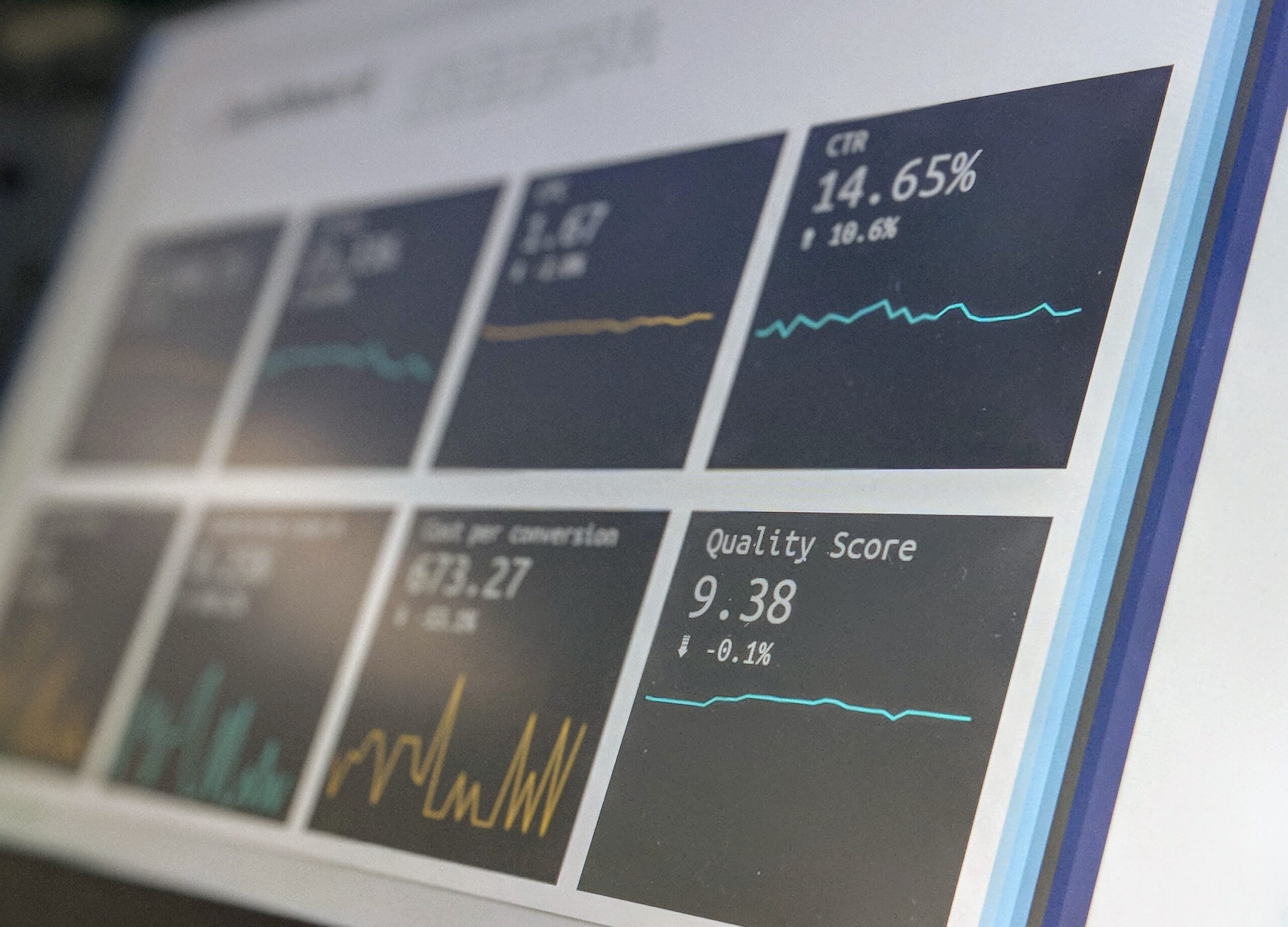What is data?
At its core, data refers to any collection of information, facts, or statistics that can be measured, analyzed, and interpreted for the purpose of gaining insights, solving problems, or making informed decisions. This can include everything from customer demographics, financial transactions, website traffic, social media engagement, sensor data from devices, machines or other equipment and much more.
In today’s digital age, the amount of data being generated is exploding at an unprecedented rate, and businesses of all sizes are recognizing the importance of harnessing this data to gain a competitive edge. However, simply having access to data is not enough. It is essential to have the tools and expertise to analyze and make sense of this information, so that it can be leveraged to drive real-world results.
Why care about data?
In today’s highly competitive business landscape, data has become an indispensable resource for companies looking to gain an edge over their competitors. By leveraging data effectively, businesses can make informed decisions, optimize their operations, and identify new opportunities for growth.
In 2019, the Swisscom together with MSM Research conducted a survey amongst Swiss companies about their expectations for a data-driven business (DDB). The most valuable benefit seems to be More Transparency (78%), followed by Increased Customer Focus (52%) and Cost Reduction (48%).

With the right tools and expertise, businesses can turn data into a powerful asset that drives growth and success in today’s fast-paced digital world. Ultimately, if you care about the success and longevity of your business, it’s essential to recognize the value of data and invest in the resources necessary to harness its power.
Explained: Business Intelligence
Business intelligence refers to a modern business practice of combining data from different sources into one central data warehouse to analyse the information holistically and derive valuable insights from it.
Data Sources in a typical Swiss KMU
Typically, in a Swiss KMU (that is an SME, with its premises based in Switzerland) there are various different sources of data caused by the wide adoption of software technology. Swiss KMUs can consider any of their software solutions a valuable source of information. For example, an organisation might be using Hubspot for CRM (Customer Relationship Management), SAP for ERP (Enterprise Resource Planning) and Google Analytics for Online Marketing analysis.
The Problem with Isolated Data Sources
While most of these software vendors provide integrated tools for data analysis, the information is always limited to the tool itself and the process that it supports. If you would like to understand the correlation of your marketing activities with your sales pipeline for example, you simply could not do that without utilizing the concept of business intelligence.
How Business Intelligence Solves that Problem
As depicted in the image below, business intelligence can be considered as the journey from isolated sources of data (left) to the extraction and combination of data in a central data warehouse (center, also referred to as the ‘EDW’) until the use of holistic data analytics methods (showing a few examples on the right). Typically, the outcome of this journey are analytical tools (such as dashboards) that are leveraged by business people to make smart decisions faster.

Getting Started with Business Intelligence
A good first step to get started with business intelligence is to explore strong use cases for holistic data analytics. Strong use cases can form a compelling vision that can help you to convince other stakeholders to invest into data and business intelligence.
If you are part of a manufacturing organisation, you might find strong use cases in the areas of IoT (Internet of Things), Smart Factory, Industry 4.0 or Predictive Maintenance.
If on the other hand, you’re part of a sales or marketing organisation, you might find it more useful to look into topics like cohort analysis, market intelligence or online marketing performance analytics.
Lastly, if you are part of a tech start- or scale-up, you might find value in Swisscom’s handbook about SaaS metrics.
The stronger your use cases, the more people you will attract to begin the journey together. There will be a lot of technical and organisational challenges waiting for you. The bigger and stronger your team, the more likely you will be able to overcome them.
Should you require further inspiration creating your business intelligence use cases or need more clarity on the journey – be kindly invited to get in touch with me here.



